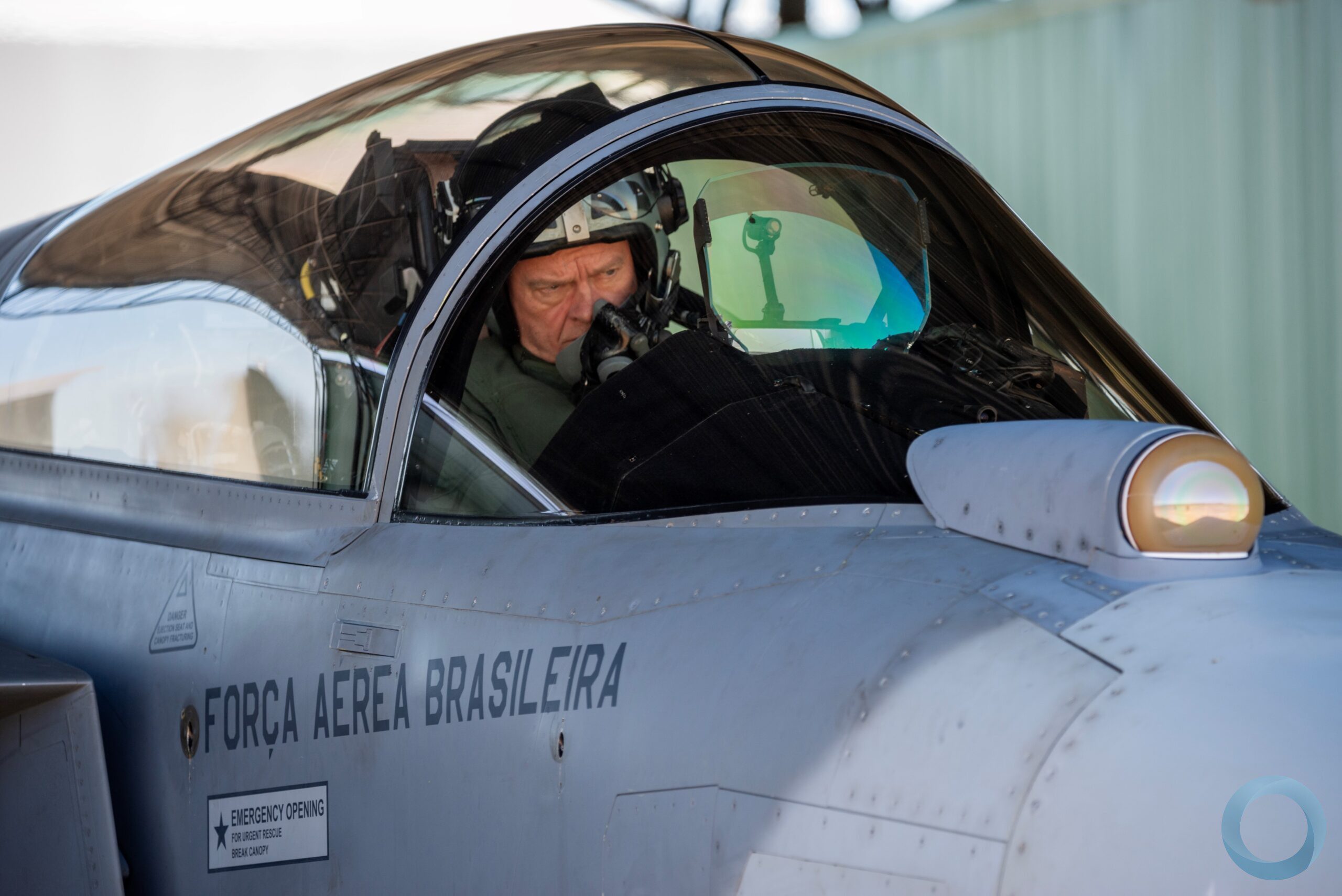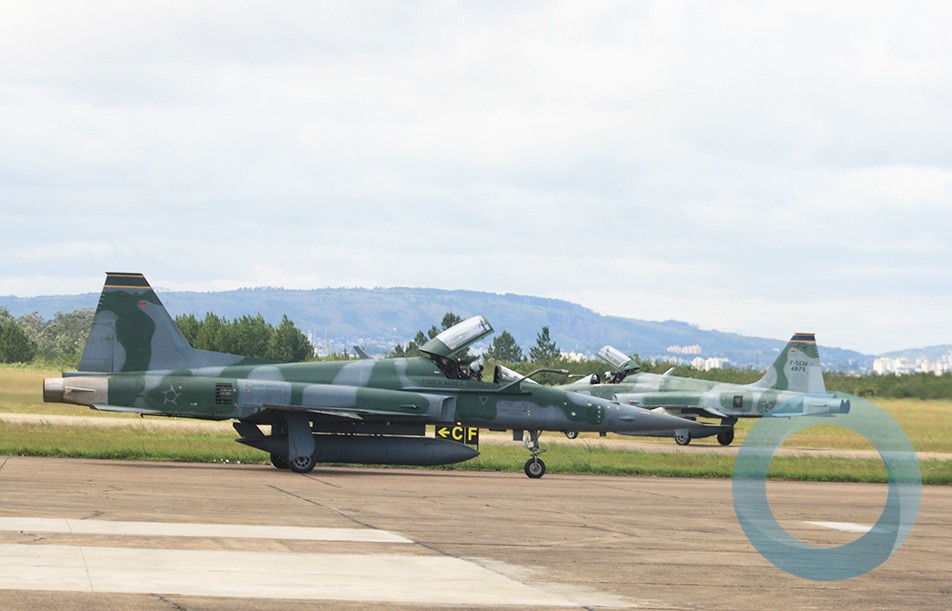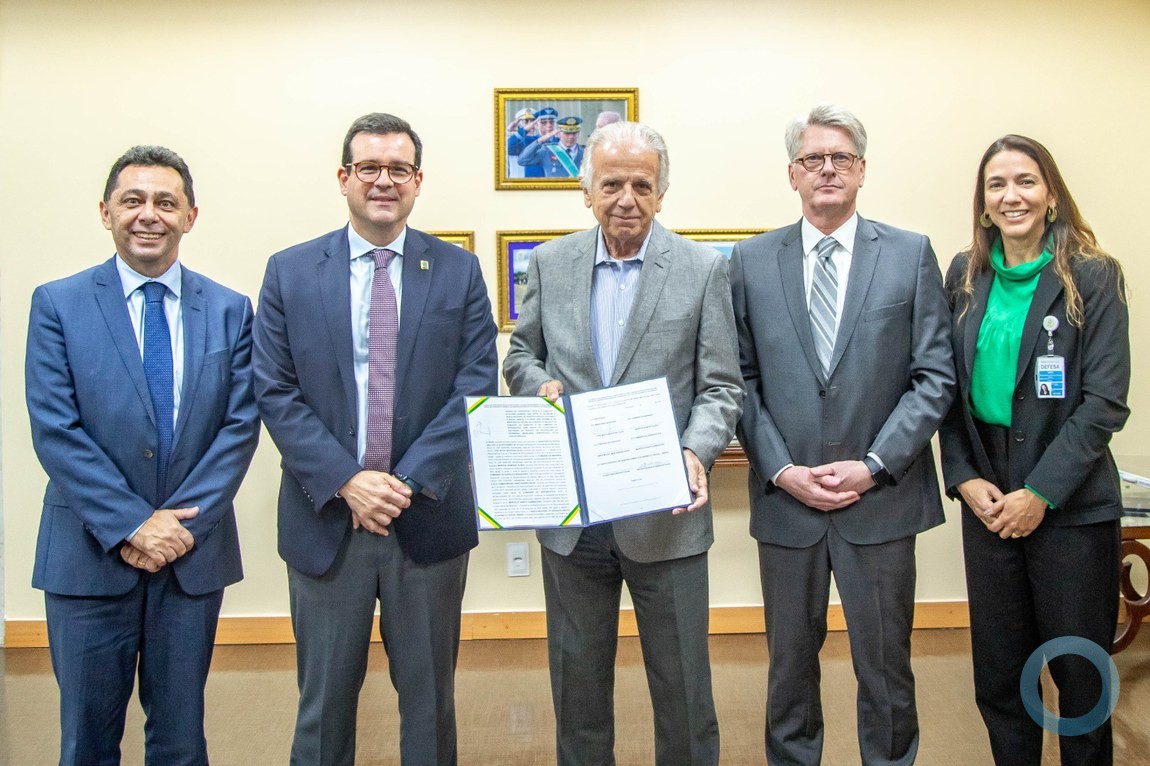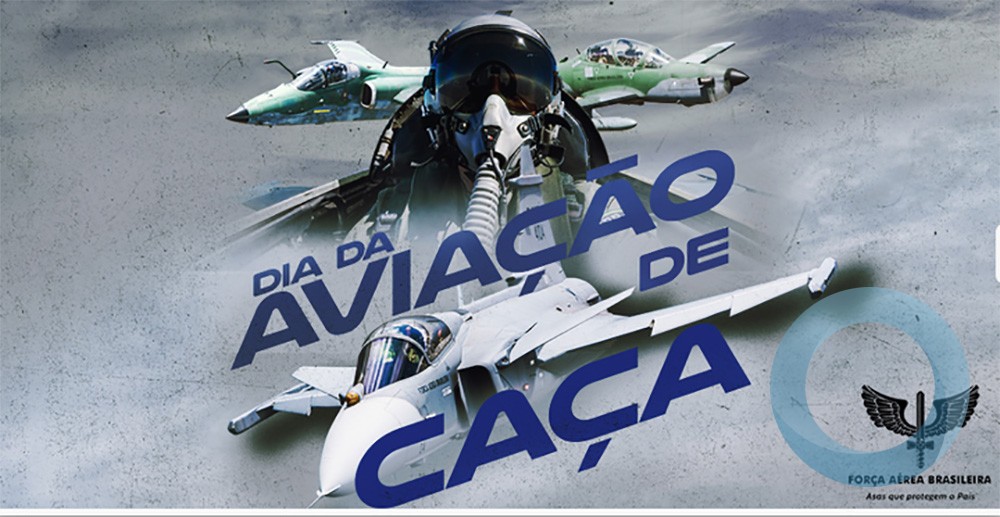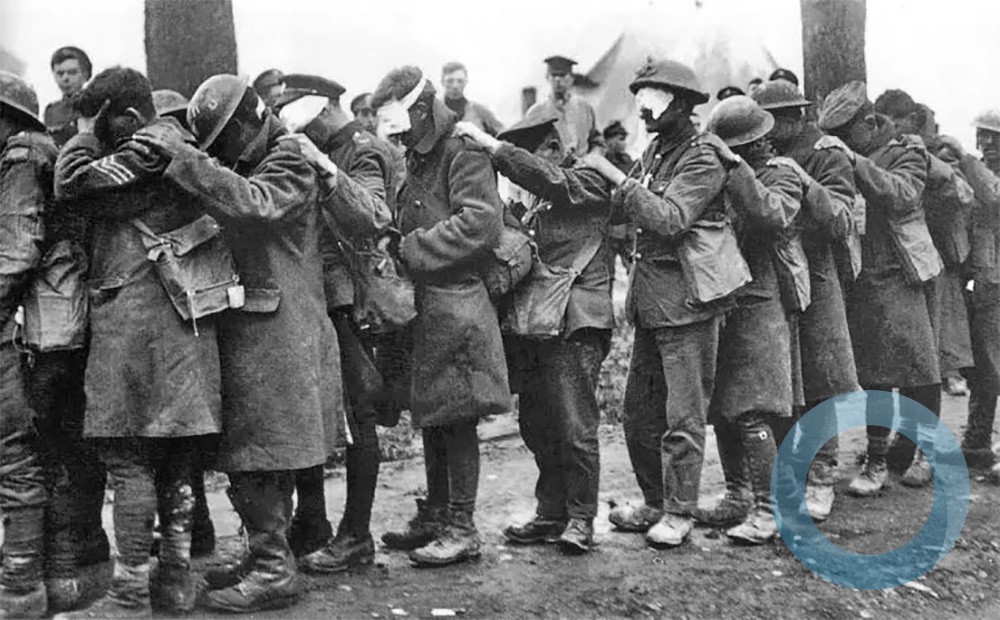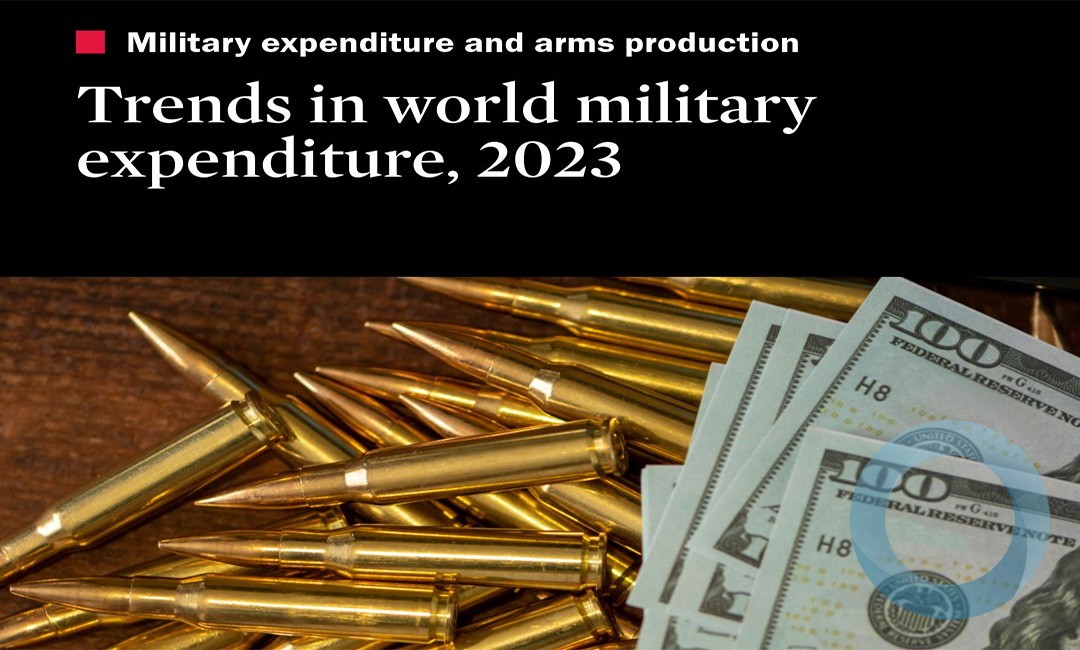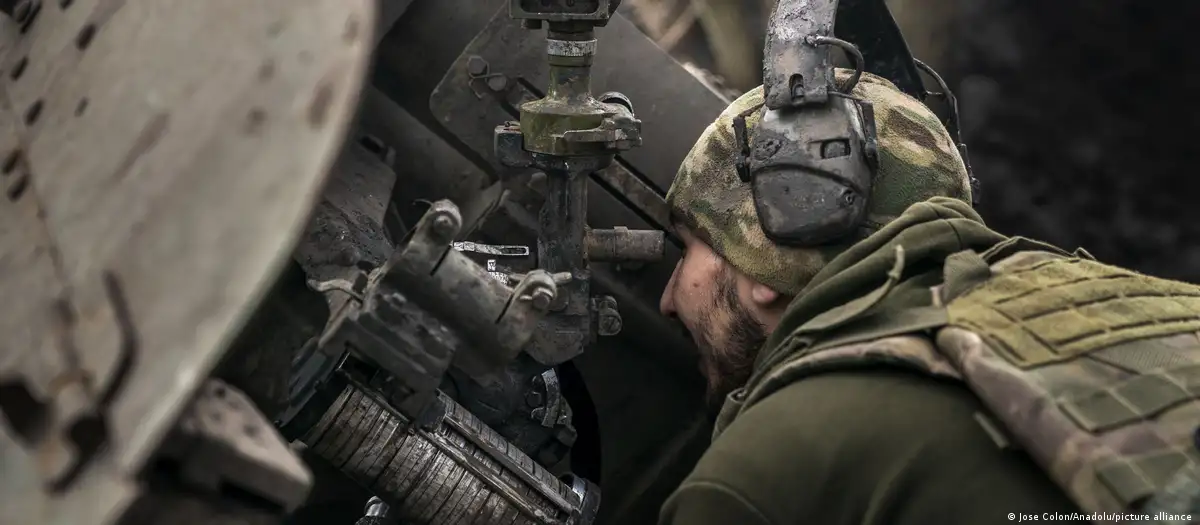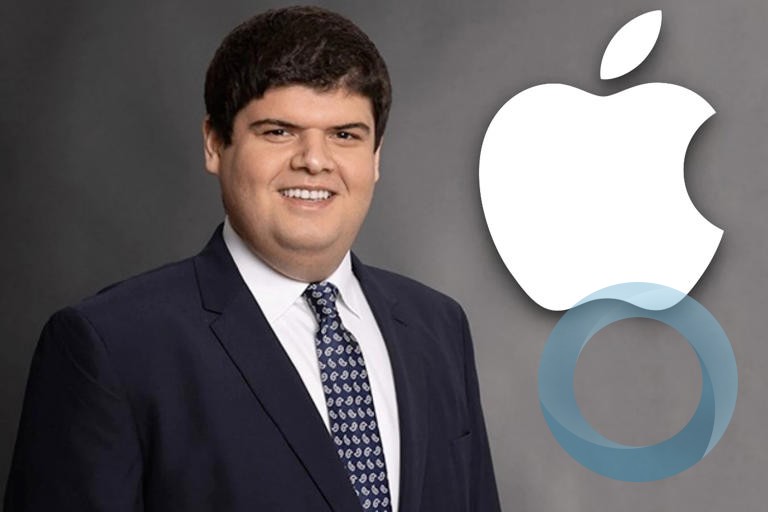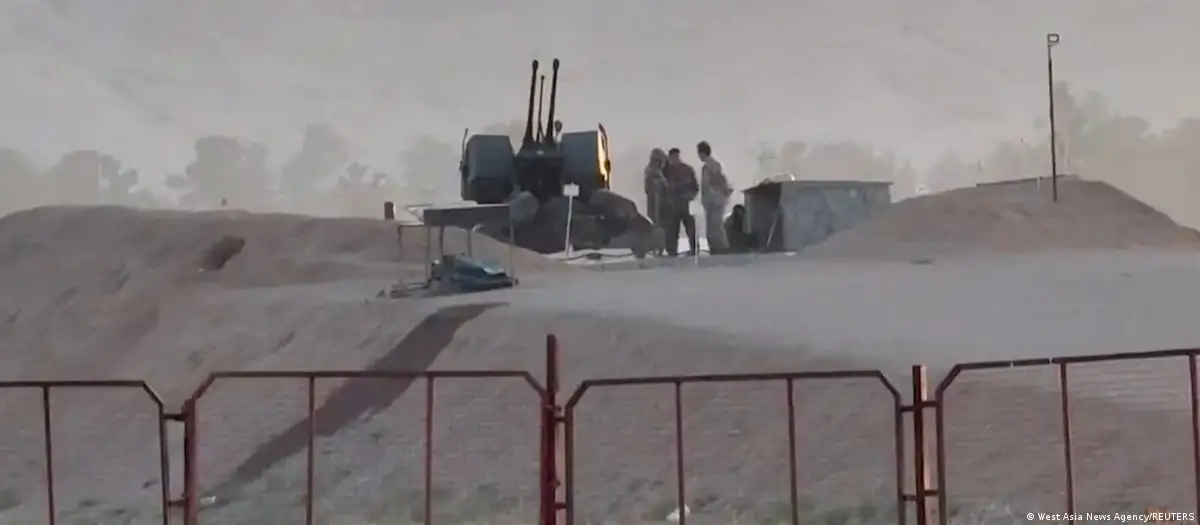Publicado Financial Times 12 Setembro 2011
By Samantha Pearson
It was at the 80th birthday celebrations of a former president in late June when it all started to go wrong for Nelson Jobim, then Brazil’s defence minister.
He was quoted as saying he was surrounded by “idiots” – a comment he later claimed was directed at journalists.
After a series of other blunders, including admitting that he had voted for President Dilma Rousseff’s opponent in last year’s election, he was forced to resign in August.
For US-based Boeing, Sweden’s Saab and Dassault of France, Mr Jobim’s exit is the latest in a series of setbacks to a $5bn deal to build 36 fighter jets for the air force.
The three companies were selected in September 2008 as finalists to win the contract, but after political upheavals and budget concerns, they will now have to wait until next year for a decision.
At a time when business for these companies has plunged across developed markets, the chance to help Brazil upgrade its ageing fleet of fighter jets is worth fighting for.
While the contract itself is likely to be worth about $5bn, Brazil could increase the order to more than 100 aircraft over the next 15 years. Maintenance contracts spanning decades should be particularly lucrative.
However, as the example of the past three years goes to show, doing business in emerging markets, and even in relatively politically stable ones such as Brazil, is often a challenge.
Until the beginning of this year, France’s Dassault had looked like a clear winner, with its 50-foot-long Rafale model. Luiz Inácio Lula da Silva, Brazil’s previous president, had strong ties with President Nicolas Sarkozy of France and after signing a multibillion-dollar defence agreement with France in December 2008, Mr Lula declared Dassault as the preferred choice.
Given that Mr Jobim was defence minister under Mr Lula and continued in his position when Ms Rousseff took over in January this year, accepting Dassault’s bid appeared a mere formality for the new president.
The Rafale has been used by the French air force since 2006 in a string of combat missions in Afghanistan, but the deal with Brazil would have been the first time it had been sold abroad.
However, Ms Rousseff made it clear that all bets were off when she took office. She has since pursued stronger political ties with the US and, after a visit by President Barack Obama in March, Boeing has become the new favourite with its F-18 Super Hornet.
The Super Hornet, which is powered by General Electric engines, first flew in the US in 2007 and is reported to carry a lower price tag than Dassault’s Rafale.
Analysts say the departure of Mr Jobim a few weeks ago may also boost Boeing’s chances of winning the contract, as it distances the new government further from the promises made to Dassault under Mr Lula.
“We think it’s a level playing field and that when we are judged on our merits, we will prevail,” says Joe McAndrew, Boeing Defense, Space & Security’s vice-president of international business development for Europe, Israel and the Americas.
Celso Amorim, Brazil’s new defence minister, has not yet made any public statements on the contract, but all three companies have recently been asked to present their bids again to the Senate and confirm their pricing is still valid.
To add to the confusion, Brazil’s government said in July it would have to postpone the final decision to early 2012 in order to focus on “the domestic agenda”.
Concerns over the impact of the global financial crisis and rising inflation, which is now running above target at 7.1 per cent a year, has put pressure on the government to cut spending.
However, the difficulty for Dassault, Boeing and Saab, is that the longer the contract has been delayed, the more the government’s priorities have changed, explains Nelson During, a military expert who runs a specialist magazine called Defesanet.
“The issue today is no longer about which is technically the best aircraft,” Mr During says. “The contract is changing and the focus now is much more about which manufacturer can offer more benefits to Brazil’s industry.”
Since the finalists were selected in September 2008, Brazil’s currency has soared more than 40 per cent against the dollar, damaging exporters’ competitiveness and crippling parts of the domestic industry.
“The defence sector offers a real alternative for the country to avoid a scenario of ‘deindustrialisation’,” explains Orlando José Ferreira Neto, a vice-president at Embraer, the aviation group and head of the Brazilian Defence and Security Industries Association.
For this reason, the bidders have started to stress the “technology transfer” aspects of their bids.
In August, Boeing said it would provide a full transfer of technology if it won the contract, enabling Brazil to produce fully the Super Hornet.
Saab has made similar pledges if Brazil agrees to buy its Gripen aircraft. The Swedish company plans to produce up to 80 per cent of the structure of the aircraft in Brazil and also transfer intellectual property rights to local companies.
“Brazil has an enormous interest in technological innovation and we see Brazil as a long-term partner,” says Bengt Janér, Saab’s director for Brazil.
However, the small size of Sweden’s export market compared with the US may ultimately favour Boeing, especially as all three companies are presenting relatively similar aircraft and proposals.
As Dassault’s experience shows, being the favourite does not necessarily mean emerging the winner.





